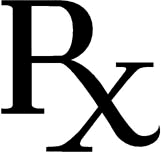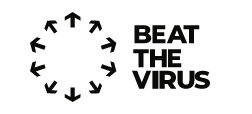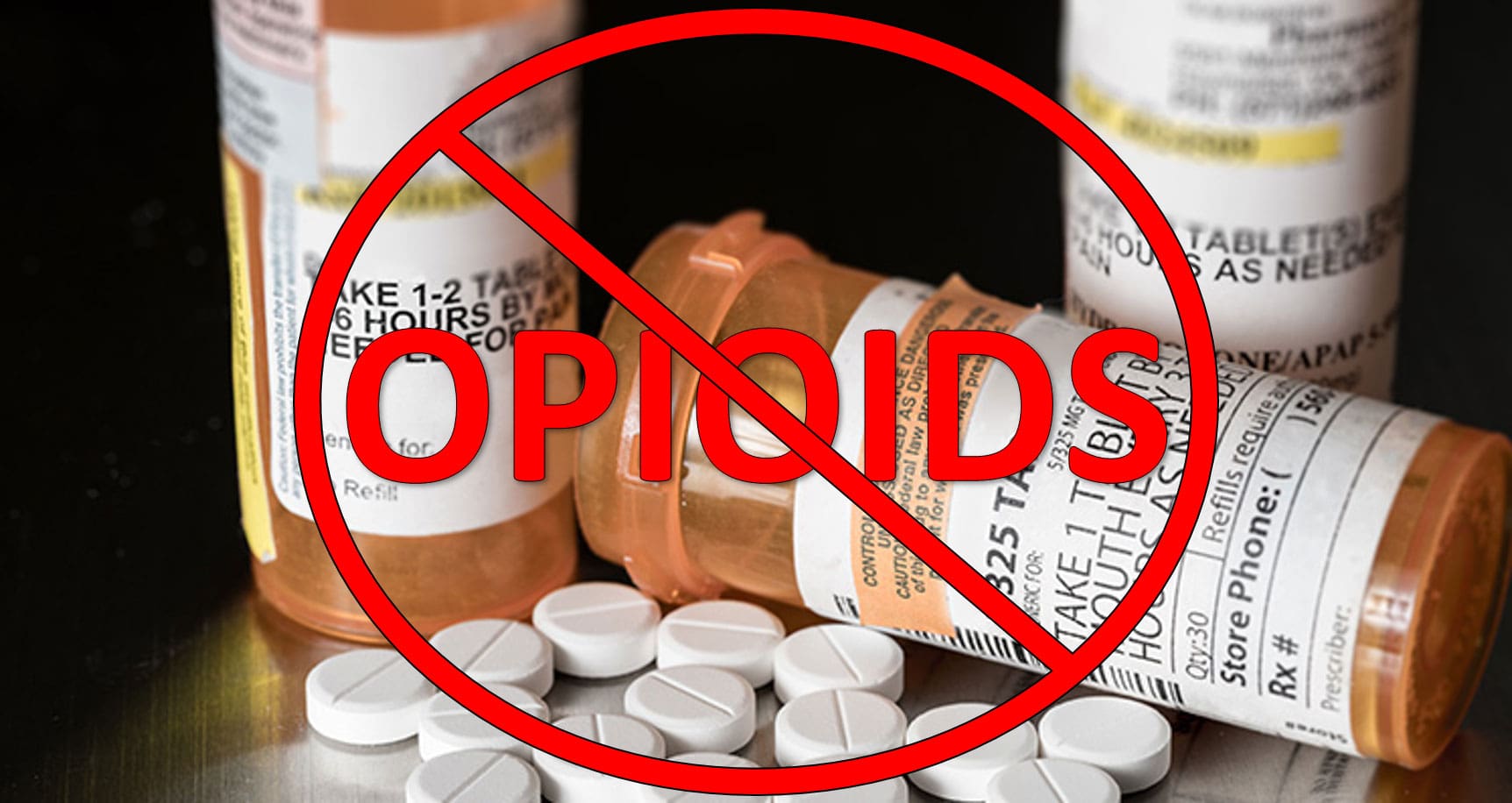Prevention Rx
![]()
 Prescription For A Healthier Future
Prescription For A Healthier Future
By Susan Blumenthal M.D.
Find a doctor with whom you feel comfortable—Enter into a partnership with your doctor for your health. If you ever have doubts about a physician’s recommendation, get a second opinion.
Know and keep a record of your family health history—Some diseases run in families. Share information with your doctor. Learn about signs and symptoms of these illnesses so that you can detect them early.
If you smoke, STOP!—If you don’t, please don’t start. Smoking is the #1 preventable cause of death and disability.
Eat smart— Eat a balanced diet rich in fruits, vegetables, fiber, vitamins, folate, and calcium and limit portion sizes. Limit your fat intake to 20-30% of daily calories. Check www.nutrition.gov and www.mpyramid.gov for more information.
Physical activity—It is one of the very best things you can do to improve your health. Aim for 30 – 60 minutes of physical activity on most days of the week. Pick activities you like—take stairs instead of elevators, dance, take a power walk instead of a power lunch. Try a pedometer—and aim for 10,000 steps every day! Visit www.fitness.gov to learn more.
Exercise your mind as well— Do crossword puzzles or sudoko. Take a class. Join a book club. Mental exercises, an activity rich environment and socializing helps keeps your mind alert and makes life more enjoyable as well.
Alcohol—If you drink, limit your intake. One drink a day might help prevent heart disease but serious health issues are associated with its use including car crashes, alcohol abuse, and an increased risk of liver disease and some cancers. Avoid alcohol totally if you’re pregnant. And drugs? Don’t, unless they’re prescribed for you and then be sure to take them for the recommended period of time.
Clinical exams—Obtain routine doctor’s checkups with lifesaving early detection screening exams (cholesterol, blood pressure, pap smears, mammograms, prostate checks and colonoscopies depending on your age). Keep your immunizations current including seasonal flu and pneumonia vaccinations. Early detection and regular preventive care reduces your risk of disease and disability, saves lives and billions of dollars in health care costs for our nation.
Skin exams—Skin cancer is on the rise. Perform self-exams looking for growths with irregular shapes and colors. Have your skin checked annually. Above all, practice preventive medicine. Use sunscreens and be a shade worshiper.
Be safe—In your home, in your work place, on your bike, and in your car.
Be ready in case of an emergency—Be prepared in the event of a disaster such as a tornado, hurricane, terrorist attack or pandemic flu. Develop a family plan and communication strategy. For more information, call 1-800-Be-Ready, or log onto www.ready.gov or www.fema.gov. Know what you can do to prevent H1N1 and seasonal flu: practice good hygiene, wash hands, cover coughs, get vaccinated for both H1N1 and seasonal flu, and avoid infected people. Check out www.pandemicflu.gov to learn more.
Find your own stress buster – Find time in the day that’s just for you. Take a walk, read a book, practice yoga. Family and friends are critical to disease prevention. It’s also more fun and easier to engage in healthy behaviors if others join you.
Be a savvy health consumer—Read as much as you can and use trustworthy Internet sites (see list below) for reliable health information. Know your health plan. Be informed. Knowledge is power when it comes to your health and the health of your family, business and community.
Recommended Websites:
- www.healthfinder.gov
- www.womenshealth.gov
- www.medline.gov
- www.pandemicflu.gov
- www.4collegewomen.org
- www.healthierus.gov
- www.nutrition.gov
- www.hhs.gov
- www.kff.org
- www.globalhealth.gov
- www.fitness.gov
- www.ready.gov
Preparing For Pandemic Influenza—What You Can Do
A pandemic is a global disease outbreak. An influenza pandemic occurs when a new influenza A virus emerges for which there is little or no immunity in the human population, begins to cause serious illness and then spreads easily person-to-person worldwide. The governments of many nations, communities and businesses are taking steps to prepare for and respond to an influenza pandemic.
A pandemic is likely to be a prolonged and widespread outbreak that could require temporary changes in many areas of society, such as schools, work, transportation, trade and other public services. An informed and prepared public can take appropriate actions to decrease their risk during a pandemic.
Communities, Businesses, Embassies and Individuals Should:
- Develop preparedness plans as you would for other public health emergencies.
- Participate and promote public health efforts in your country, state and community.
- Talk with your local public health officials and health care providers; they can supply information about the signs and symptoms of a specific disease outbreak.
- Implement prevention and control actions recommended by your public health officials and providers.
- Adopt business/school practices that encourage sick employees/students to stay home.
- Anticipate how to function with a significant portion of the workforce/school population absent due to illness or caring for ill family members.
- Practice good health habits, including eating a balanced diet, exercising daily, and getting sufficient rest. Additionally, take these common-sense steps to stop the spread of germs.
- Wash hands frequently with soap and water.
- Cover coughs and sneezes with tissues.
- Stay away from others as much as possible if you are sick.
- Get your seasonal flu vaccine and a pneumonia immunization.
- Keep a 1-2 month supply of your prescription medications just in case…
- Stay informed about pandemic influenza and be prepared to respond.
- Consult www.pandemicflu.gov and www.who.int frequently for updates on national and global information on pandemic influenza.
- Use national and local pandemic hotlines that will be established in the eventuality of a global influenza outbreak. Listen to radio and TV stories about the flu.








